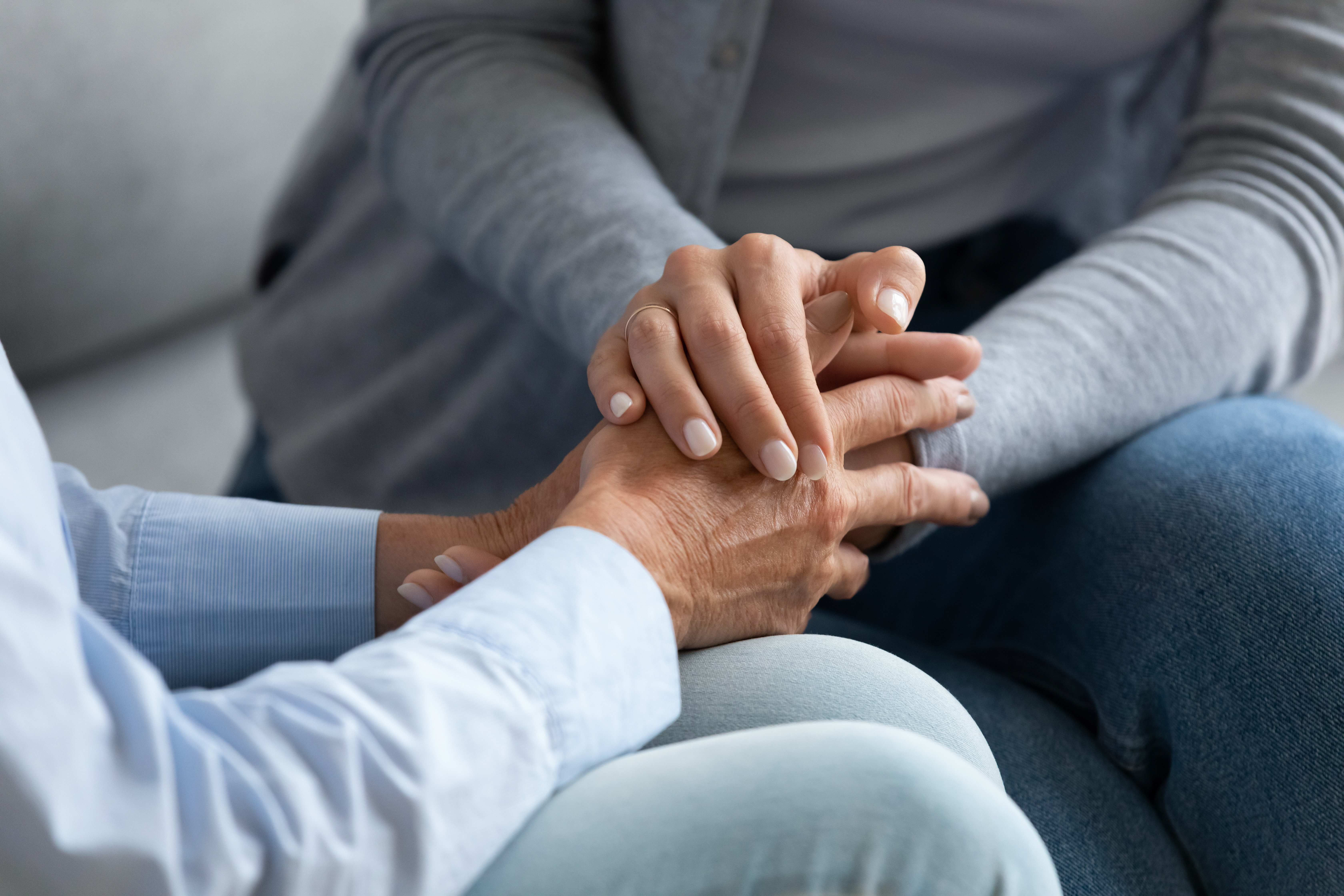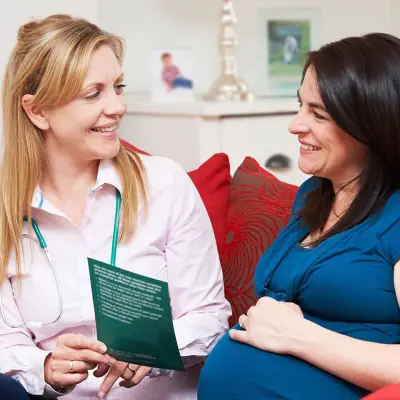Grief is a deeply personal experience often associated with emotional pain and sorrow. But did you know that grief can also manifest physically? In this post, we'll explore how grief can affect your body, the signs to look out for, and the duration of what's sometimes called 'grief sickness'.
Jump to:
Can Grief Make You Physically Unwell?
Grief is not just an emotional process; it can impact your physical health, too. When you're grieving, your body is in a state of stress, and this can trigger various physical symptoms. Understanding these symptoms is the first step in managing them effectively. The stress of grief can weaken your immune system, making you more susceptible to infections and illnesses. If you're experiencing ongoing physical symptoms, it's important to consult with a healthcare professional.
How Long Does Grief Sickness Last?
The duration of grief sickness varies greatly from person to person. There is no set timeline for grieving, and it's important to allow yourself the time you need to heal. Remember, it's okay to seek support during this time, whether from friends, family, or professionals.

14 Physical Effects of Grief and Bereavement
Our bodies respond to the intense emotions of loss in various ways, leading to various physical symptoms. Understanding these symptoms can help us manage them better and seek appropriate care when needed. Here are 14 physical effects of grief:
- Fatigue and Sleep Disturbances: Grief often leads to fatigue, an extreme sense of tiredness that doesn’t go away with rest. This can be accompanied by sleep disturbances, such as insomnia (difficulty falling or staying asleep) or hypersomnia (excessive sleeping). This disruption in sleep patterns can further intensify fatigue.
- Changes in Appetite: Those grieving may experience significant changes in appetite. Some may lose interest in eating, while others might find comfort in food. These changes can impact overall health and wellbeing.
- Physical Pain: Grief can cause various physical pains, including headaches, chest pain, and a general feeling of aches and soreness throughout the body. This physical pain reflects the emotional turmoil and stress the body is experiencing.
- Gastrointestinal Issues: Stress and emotional upset can lead to gastrointestinal symptoms like stomach aches, nausea, and digestive problems. These issues can be uncomfortable and disruptive to daily life.
- Skin Changes: Emotional stress can trigger skin reactions, such as rashes, breakouts, or hives. These skin changes are outward signs of an internal emotional struggle.
- Heart Palpitations or Chest Tightness: Intense emotions and stress related to grief can cause physical sensations like heart palpitations (an unusually strong or irregular heartbeat) or a feeling of tightness in the chest, often linked to anxiety.
- Weakened Immune System: Grief can suppress the immune system, making the body more susceptible to colds, infections, and other illnesses. This is due to the stress-related weakening of the body's natural defences.
- Dizziness or Light-headedness: These symptoms can arise from changes in breathing patterns, blood pressure fluctuations, or even dehydration during intense periods of grief. They can be disorienting and may impact daily activities.
- Weight Fluctuations: Significant weight loss or gain can occur as a direct response to changes in eating habits and stress levels. These fluctuations can affect both physical and mental health.
- Muscle Tension or Stiffness: Grief often leads to muscle tension or stiffness, particularly in areas like the neck, shoulders, and back.
- Increased Susceptibility to Pain: During periods of grief, there can be a heightened sensitivity to physical pain. The body and mind are strained, making you more prone to feeling pain.
- Shortness of Breath: Some people may experience breathlessness or difficulty breathing. This can be linked to anxiety or panic attacks that are common in intense grief.
- Hair Loss: The stress of grief can sometimes lead to hair thinning or loss.
- Numbness or Tingling Sensations: These sensations, often felt in the hands and feet, can occur due to the body's stress response.
If you're experiencing any of these symptoms, remember that they’re a natural part of the grieving process, and seeking support can be immensely beneficial.

Holding Grief in the Body
Grief can be stored in the body as tension or stiffness, especially in the neck, shoulders, and back. It's important to find ways to release this tension, such as through gentle exercise or relaxation techniques.
How to Treat Grief
Treating grief involves a compassionate and comprehensive approach, as it is a deeply personal and unique experience. It's important to acknowledge and accept the grieving process, allowing yourself to experience the full range of emotions without judgment. Seek support from friends, family, support groups, professional counselling, or any safe space to express feelings and gain understanding.
Engaging in self-care practices like maintaining a routine, eating nutritious meals, getting adequate sleep, and participating in physical activities can also aid in managing the physical symptoms of grief. Mindfulness techniques, like meditation and deep breathing, can help in coping with stress and anxiety. Additionally, creative outlets such as journaling, art, or music provide therapeutic avenues for expressing emotions, or you could distract yourself with a good podcast. Remember, healing from grief is not about forgetting the loss but learning to live with it, and it's okay to seek professional help if the grief feels overwhelming.
Recommended for you!
Best SellersFinding Support Through Grief With Centre of Excellence
Grief can be a challenging journey, both physically and emotionally. If you're navigating through grief or want to help others, explore our Grief and Bereavement Counselling Diploma Course. Our course offers compassionate, expert-led training, providing the tools to understand and manage grief more effectively.
What You'll Gain:
- Comprehensive Insights into Grief: Delve into the complexities of grief and bereavement. Understand the emotional, physical, and psychological impacts, and learn how to navigate these challenging experiences.
- Expert-Led Strategies: Gain access to expert knowledge and effective grief counselling techniques. Learn how to provide support and comfort to those in grief, fostering an environment of healing and understanding.
- Personal and Professional Growth: Whether you seek to support loved ones or aspire to professional counselling, our course equips you with essential skills. Enhance your empathy, communication, and emotional intelligence, which are essential for personal development and professional expertise.
- Empowerment Through Education: Empower yourself and others with the knowledge and skills to face grief with strength and resilience. Transform your understanding of loss, providing more compassion and support for those in need.
Special Offer:
In our dedication to empowering lives through education, we are thrilled to present our Grief and Bereavement Counselling Diploma Course at an exclusive price of only £29 – offering significant savings!













